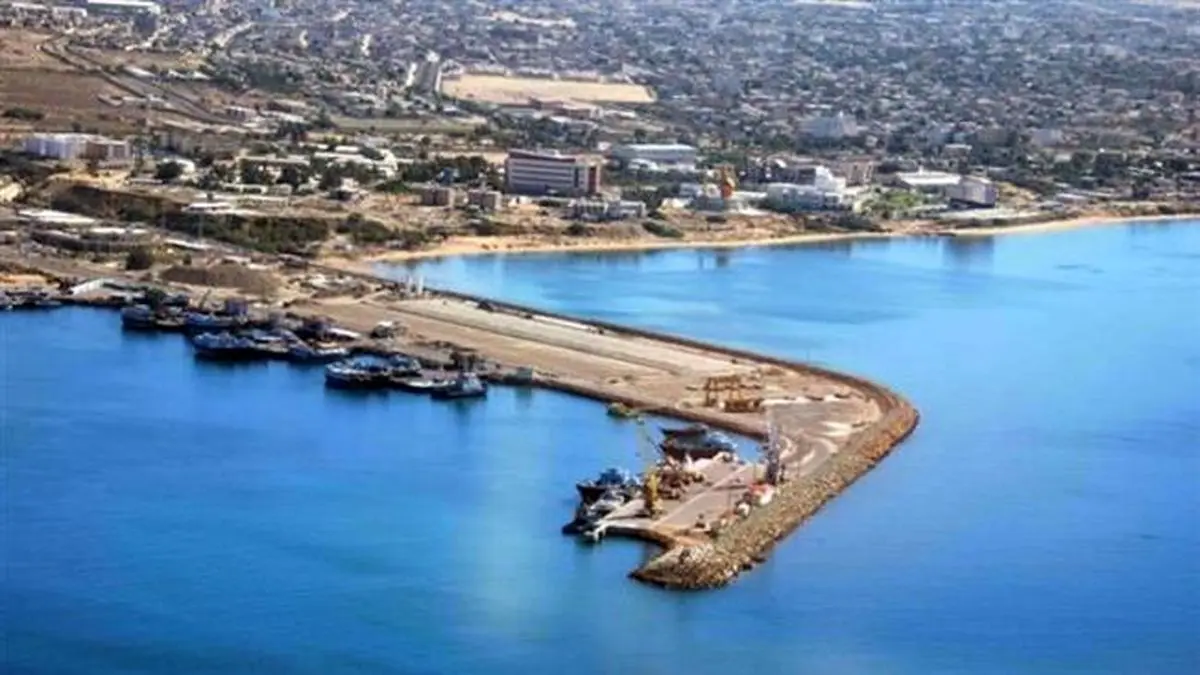Iran becomes new transit hub for Central Asia

Iran’s newly inaugurated Chabahar port will expand the country’s significance for the Central Asia region, serving as a corridor for transporting goods from/to Afghanistan, India, as well as link other important trade roads, providing access to the ocean, James M. Dorsey, political analyst, senior fellow at Singapore’s Nanyang Technological University, told Trend.
"Chabahar is likely to enhance Iran’s role as a transit hub for Central Asia, particularly for receiving goods coming from India," said Dorsey.
Chabahar’s Shahid Behehshti port was also expected to have an influence on trade relations of Central Asia countries, in particular Kazakhstan, with China, since it became an alternate route of transportation from India to Central Asia, however Dorsey believes there will be no negative outcome from new opportunities that Chabahar will bring to Central Asia.
"It’s unlikely to impact Iran’s trade and other relations with China, whose major problem is not Chabahar but the problems in Pakistani Balochistan," Dorsey believes.
China-Pakistan Economic Corridor (CPEC) project, launched by the governments of Pakistan and China, currently experiences a large number of obstacles, especially resulting from the poor economic conditions in Balochistan, which forms the bulk of the area in which the CPEC is being developed, and the opposition to the project meted out by the locals, and that is becoming a harmful factor for China’s trade plans in the region, according to the expert.
The first phase of Shahid Behehshti Port in Chabahar was inaugurated during a ceremony attended by Iranian President Hassan Rouhani and representatives from 17 countries on December 3.
The strategic port, located in southeastern province of Sistan and Balouchestan, is expected to link trade corridors from India to Afghanistan, Central Asian countries and Russia.
The trade corridors that pass through Chabahar will be connected to the ocean. Chabahar is capable of reducing transportation costs to Central Asia and Afghanistan and its capacity is expected to reach 8.5 million tons in the first phase.
END
